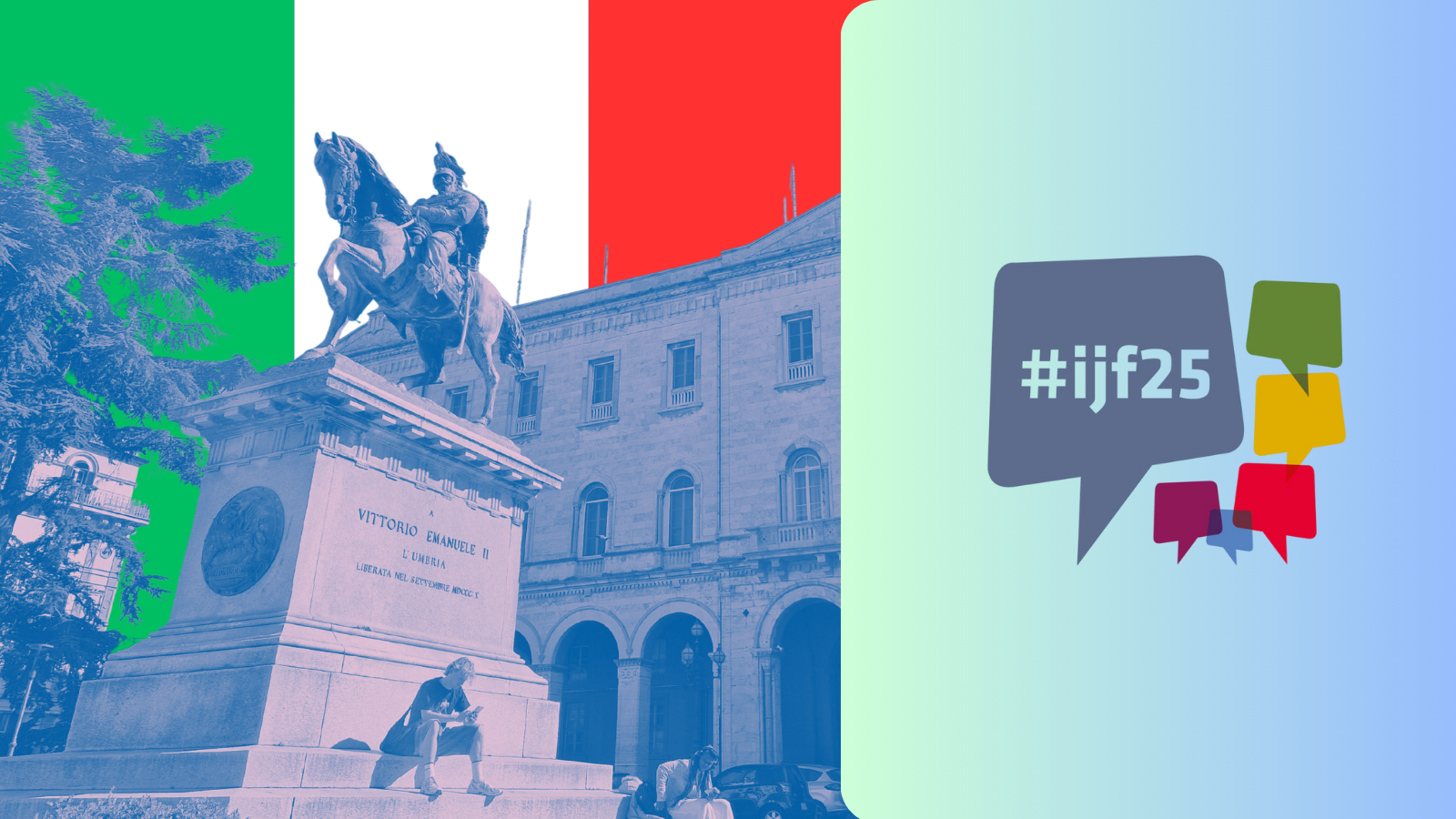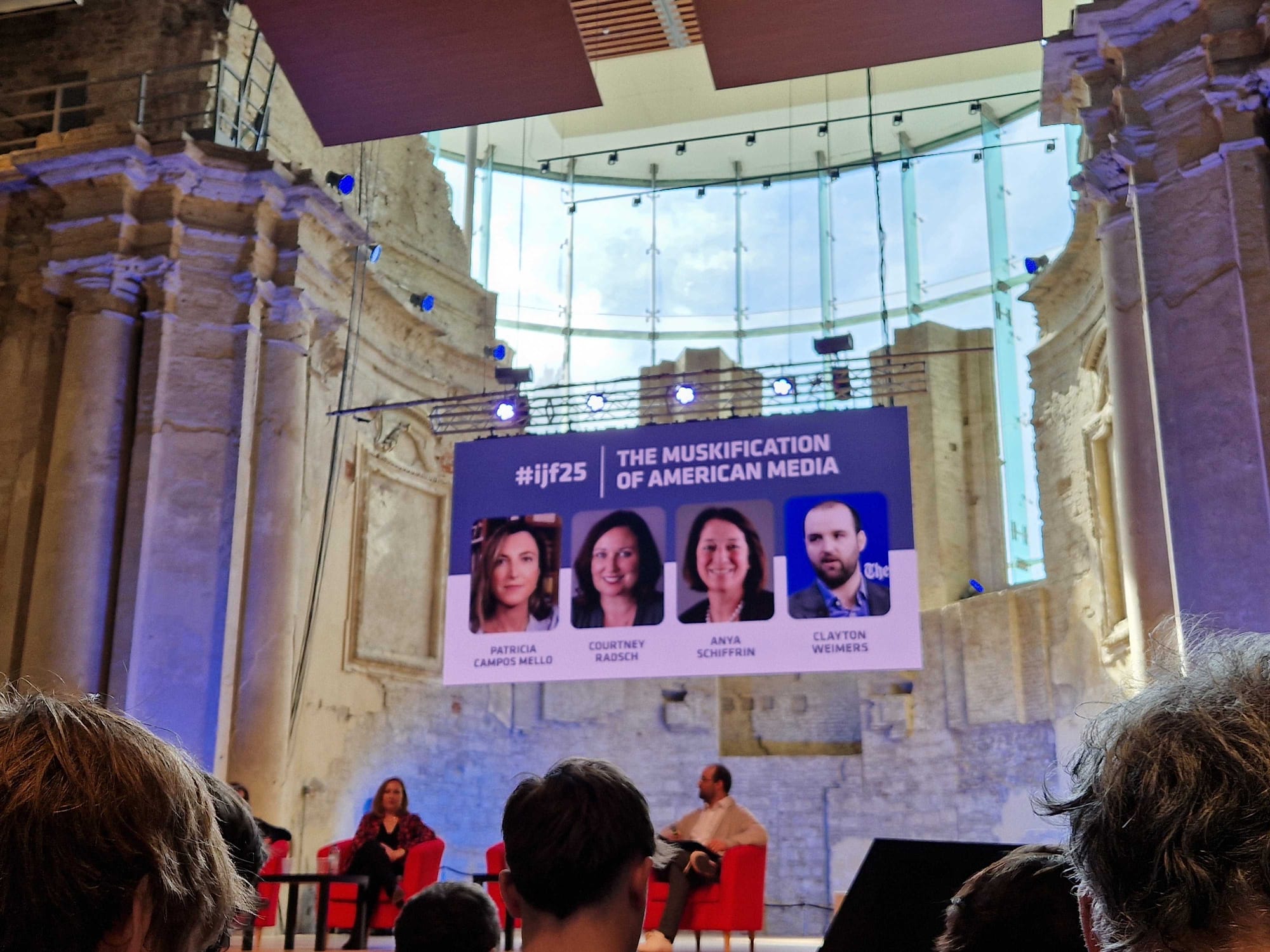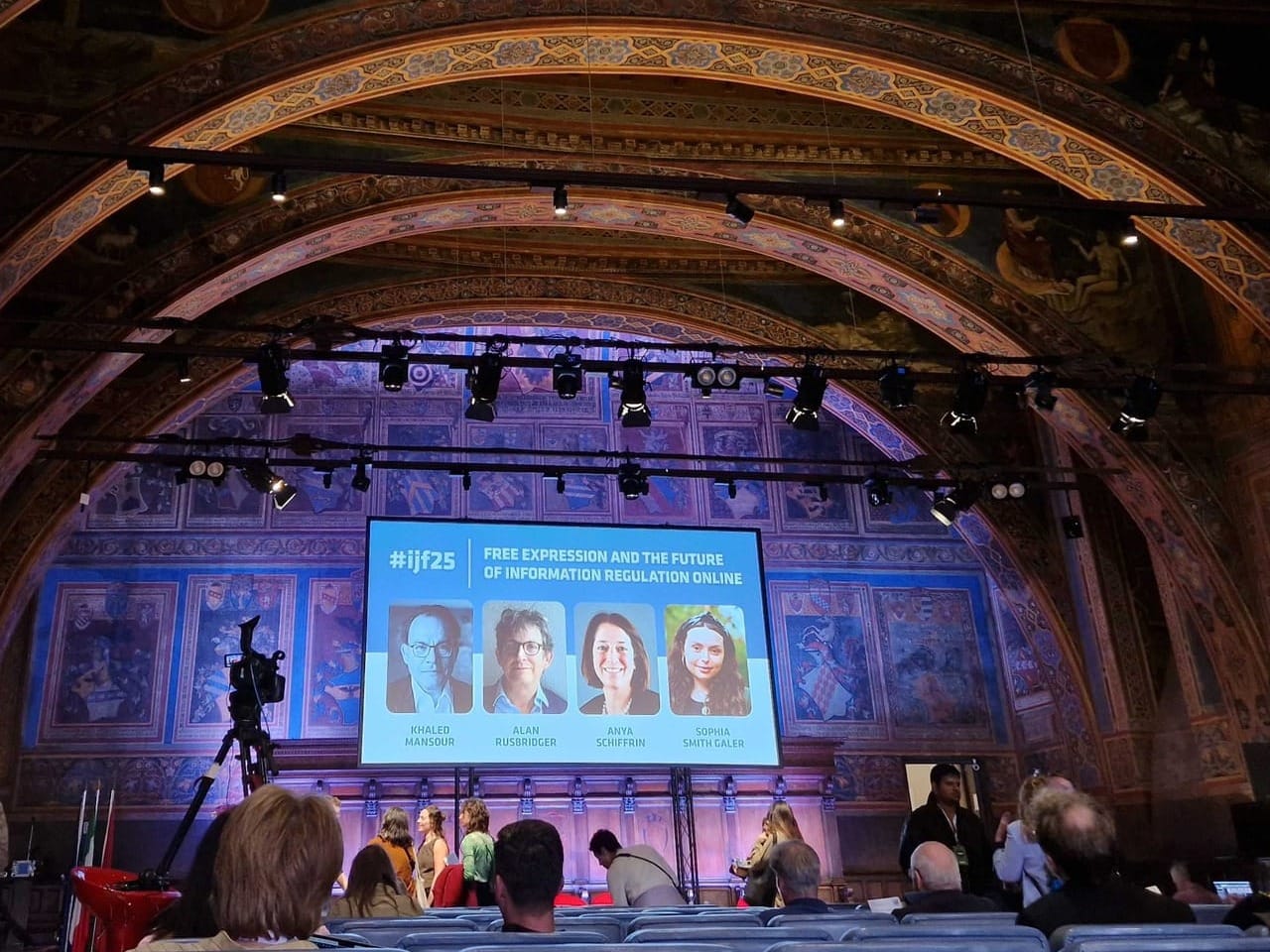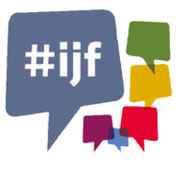Anti-Big Tech Journalism

My experience at the International Journalism Festival, 2025

When does compensation become complacency?
I posed the question above to a small group discussing the intersection of technology and news media at the International Journalism Festival last week.
We were discussing Big Tech companies buying compliance from news companies, across a multitude of issues from distribution to AI training. It was a small group, but we all agreed, news publications owned by Big Tech were not able to report on tech issues or hold Big Tech to account. The conflict of interest is too great. Big Tech too powerful.
Throughout the festival, multiple panels I attended called on journalists to report on Big Tech and its owners more. To expose what they are doing and reveal the corruption at the heart. Some panelists even went as far to publically call Big Tech owners 'evil' and state that their work is part of a vampiric desire to be immortal.
But these are the people who have the power, the voice, the reach to be reporting on it. So, throughout these discussions a number of questions were circling my mind. Why are they asking others to report on this? Are they being censored by their own publications and the funding they receive? Do journalists need saving? Can we save them?
Personally, I think we can help journalists. We can provide a platform for them to get back to their news values. But they have to be willing to try.
Hard to find or just lazy?
Here on the open social web we have the tendency to forget how far detached the average person is from this space.
I've said this in multiple blogs, but I am not a tech person. The open social web, even Mastodon, was all very new to me when I joined the Newsmast Foundation two years ago.
But, I am a trained journalist and I know, research matters. You'd think that at IJF research is something more people would do. However, it didn't seem to be the case.
We need a European platform to fight Big Tech.
Multiple panelists, industry leaders, influencers spoke about needing something that already existed. Whether that was a network of connected platforms, an EU alternative, or nonprofit social media. This sentiment was rife in panel after panel. As the festival went on, I got more and more annoyed.
It seemed that the journalists leading discussions on these topics had not done their homework or that, perhaps, the panels had been composed of the wrong people. Those who did know of Mastodon dismissed it as a non-starter.

Whilst I don't think it would've been that hard for these journalists to research a bit more or, if they were really feeling brave, actually attend the apetitivo hosted by Mastodon, we have to admit that something isn't working.
Communication and advocacy on the open social web is failing. Everyone is trying to say something but, really, no one is saying anything.
Tech language does not work. That includes the 'Fediverse'. Campaigns isolated on decentralised networks do not work. By claiming platform 'purity' no one new is learning about these spaces. Build and they will come is not true. Humans are complex things and they need more than four walls to feel at home.
Expecting solutions
One thing was clear, the news industry would not be offering a solution to Big Tech, nor would they be able to fund one.
In its struggle to exist, the news industry is being bought by Big Tech. Companies who won't give their money to the EU-built decentralised alternatives.
Instead, it felt like every panel was a plea. Journalists are begging for a solution and they want it gift wrapped.
This worries me. As we grow the open social web, we know it can be that solution for journalists and news publications. But, we need their help. Their reach, their audience, and - unfortunately - their money.
My hope is that, considering the conversations at IJF, next year more effort will be put on platforming solutions - rather than pleas.




